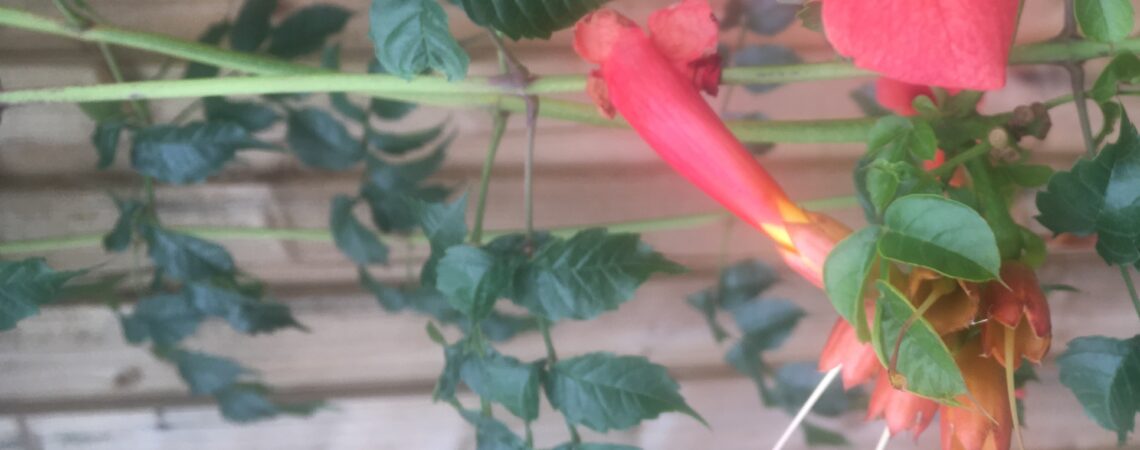Articles on Shifting Sands
Australia court rules Bohra female circumcision not FGM
The Court of Criminal Appeal Supreme Court in New South Wales, 10 August 2018, acquitted all three defendants who had been wrongly convicted of FGM.
Quashing those convictions, the Court ruled in the case named “A2 v R; Magennis v R; Vaziri v R” that the traditional Dawoodi Bohra practice of female circumcision – or Khafz as is known within the faith – categorically does not amount to FGM.
A Dawoodi Bohra spokeswoman commented:
“I am delighted that the Supreme Court of Australia confirmed what female members of the Dawoodi Bohra faith all over the world have been asserting for many centuries: that the Bohra practice of Khafz is a harmless procedure that in no way can be categorized as female genital mutilation,” a Dawoodi Bohra spokeswoman commented.
What is Khafz?
Khafz is women-led ceremony. It is an important and private ritual organized for girls by female family members and performed by experienced females whose carefully honed techniques have been passed down the generations. At no stage are men involved, let alone by forcing such a procedure upon women.
Khafz is an important but harmless procedure that has been practiced for centuries by many Bohra women. Unlike male circumcision in both Jewish and Bohras communities, which requires the removal of the foreskin, female circumcision in the Bohra faith is more symbolic, requiring no part of the body to be removed.
Crucially, it has no negative impact on a girl’s mental, physical or sexual health.
“Women of the global Bohra community are very pleased that the practice of Khafz has been fully and completely vindicated in the Australian courts. We urge the United Nations to follow Australia’s lead by removing Khafz from its categorization as female genital mutilation. Bohra women who exercise their right to religious freedom by practicing Khafz on their daughters in those countries where it is not considered illegal would not do so if there was any possibility of causing harm,” the Dawoodi Bohra spokeswoman continued.
Khafz is an important part of the Bohra faith but it is not rigidly enforced by the Spiritual Leadership. Just as Judaism preaches of a covenant with God requiring males to be circumcised, so the Dawoodi Bohras scriptures laid down thousands of years ago require the same of males and females. It is a harmless and symbolic religious ceremony that dates back to the same Abrahamic traditions as those followed today by many sects.
Crucially, however, there are no consequences – neither religious nor social – for those women in the Dawoodi Bohras community who choose not to practice Khafz on their daughters. Dawoodi Bohra women who oppose Khafz are a minority. The vast majority of Dawoodi Bohra women regard Khafz as an important, highly symbolic, but ultimately harmless religious ceremony.
First published in Religious Freedom News 13 Aug 2018
Reproduced here with permission and minor editing.
Conviction squashed in Court of Criminal Appeal 10 August 2018.
About the Author - Guest Author
Offers of relevant material for publication (unpaid) will be considered with interest.



0 comments